B2B marketing teams are exploring opportunities to embrace NLP systems to optimize the presales operations by boosting productivity and identifying the latest trends.
One of the most significant challenges of B2B marketers today is that they have a diverse set of clients with different requirements. Enterprises today need to have a digital-first mindset and workflows ingrained into their marketing operations to deliver a top-notch customer experience. Integrating NLP technology into the MarTech stack enables marketers with dynamic capabilities to transform the customer journey.
Natural language processing tools with Machine Learning (ML) capabilities will help to gain more sales intelligence.
It is one of the most significant ways to enhance and customize purchase journeys. Here are a few ways to leverage natural language processing into the B2B marketing tech stack.
Post demise of third-party cookies
As the world slowly moves to first-party data, natural language processing will play a significant role in the cookie less future. Marketing teams can leverage NLP tools to scale their presales campaigns and target the addressable market based on their interest. B2B marketing teams can integrate natural language processing tools to create content and ad copy that is bespoke for particular audience segments.
Also Read: How The Pandemic has impacted the US Marketing Industry
Integrate natural language processing for optimized SEO
Google’s Search engine algorithm has NLP integration; integrating it into the marketing tech stack will assist enterprises in gaining more visibility because natural language processing helps to enhance brands’ content readability. CMOs should consider optimizing their website to be in one of the top Search Engine Results Pages (SERPs) of voice searches. Voice searches are highly personalized, and their result pages are as well. Moreover, some NLP tools today are even capable of delivering automated email campaigns as per the buyer’s persona and setting up automated tasks. Integration of artificial intelligence, machine learning, and natural language processing data will enable businesses to interpret organizations’ purchase patterns.
Implement NLP throughout the customer lifecycle
Enterprises can upgrade their tech stack with NLP tools to enhance the client experience throughout their journey. CMOs should consider gathering and analyzing customer data from all the natural language processing systems to understand the customer needs. B2B customer lifecycle is usually longer than B2C ones, integrating robust AI-powered tools to engage clients at all touch points. Enterprises can get valuable insights to get more context about both positive and negative customer sentiments. AI and ML tools will enable businesses to interpret human behavior based on context, emotion, and experience. Robust NLP systems are even capable of determining the customer behavior pattern through messages, posts, calls, and emails. According to a recent report by Gartner, nearly 60% of enterprises will evaluate customer voice and text interactions.
Also Read: Three Sales Metrics that CMOs can Use to Build Their Marketing Strategy
Natural language processing in B2B aftersales
Today businesses not only expect an enhanced purchase journey, but they also want a top-notch after-sales service. CMOs should consider setting up proactive after-sales support rather than keeping it responsive. DevOps teams can integrate NLP tools into the marketing tech stack to deliver a digital customer experience. Integrating natural language processing tools in B2B customer support will help to deliver resolutions in real-time. If the action requires manual intervention, the tool has the capability to divert the request to the concerned department to resolve the issues.

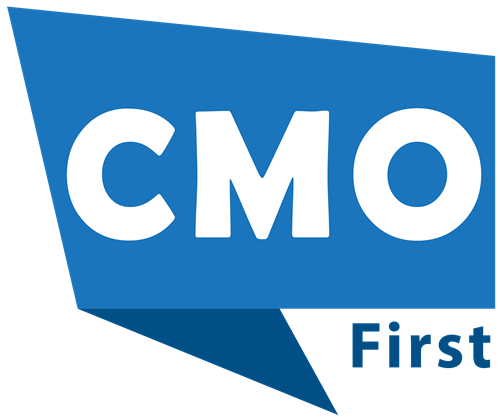





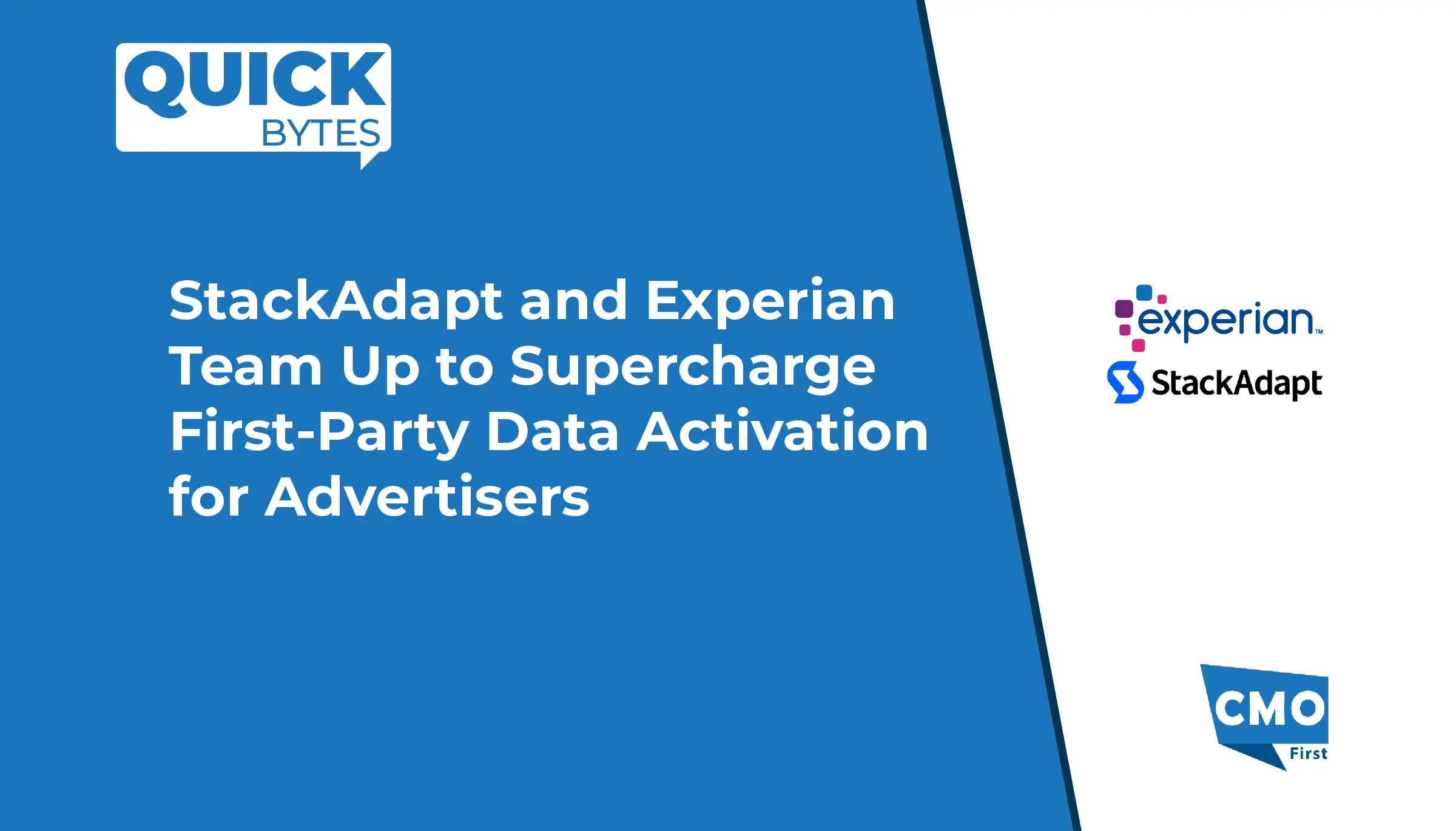
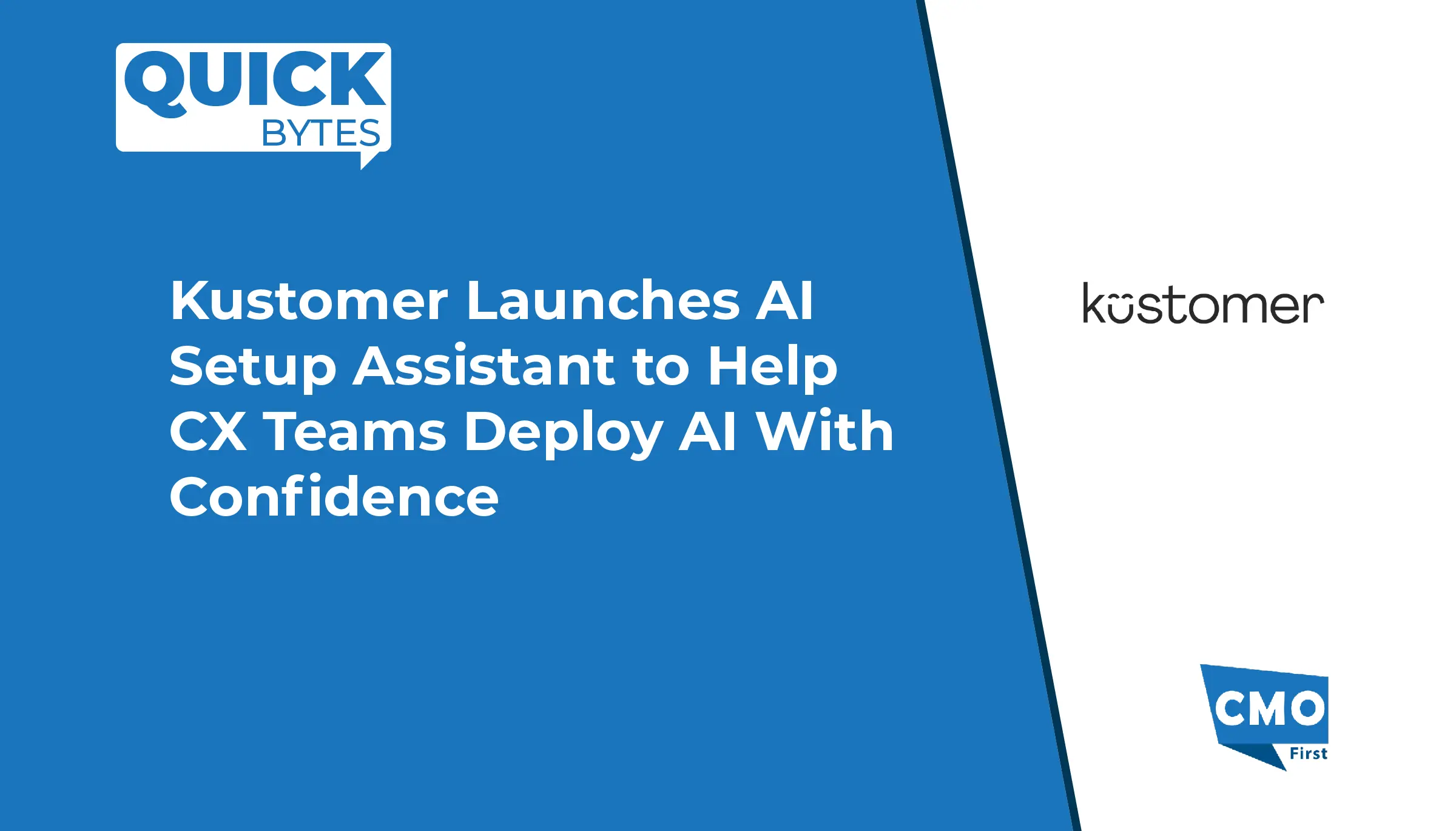
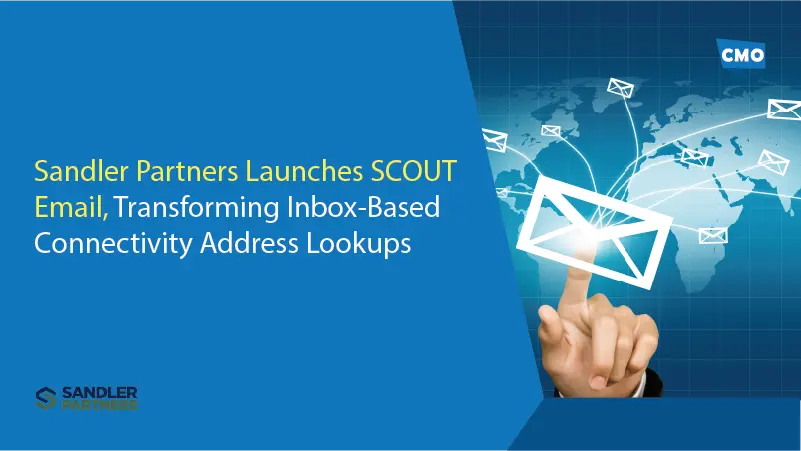
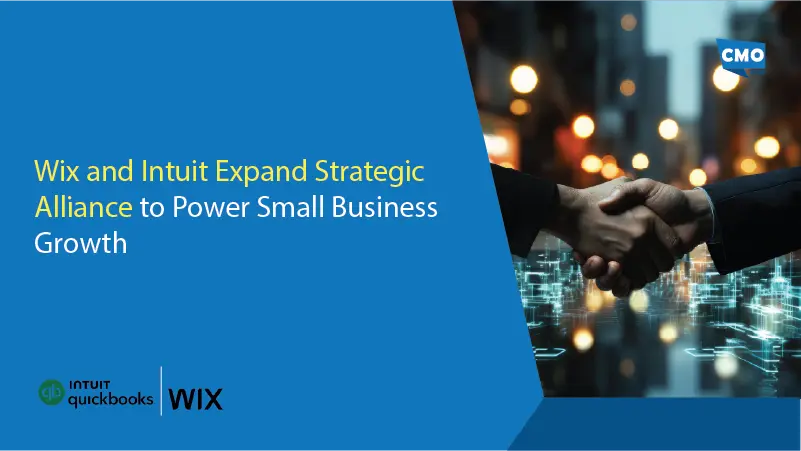
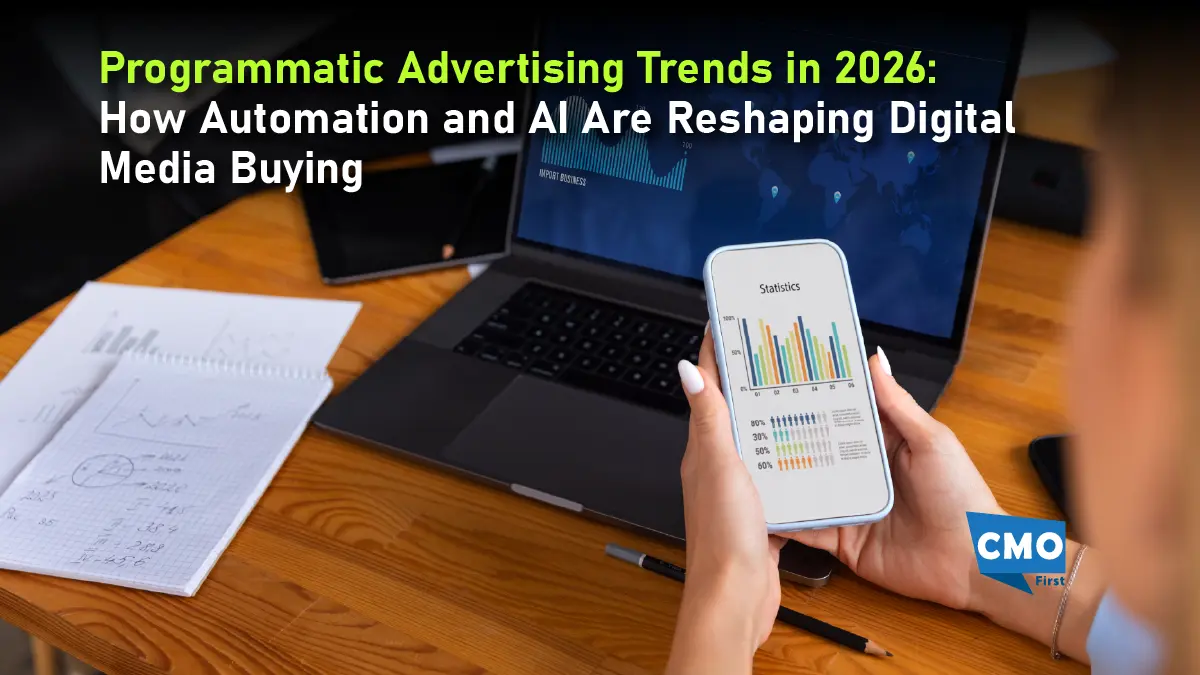

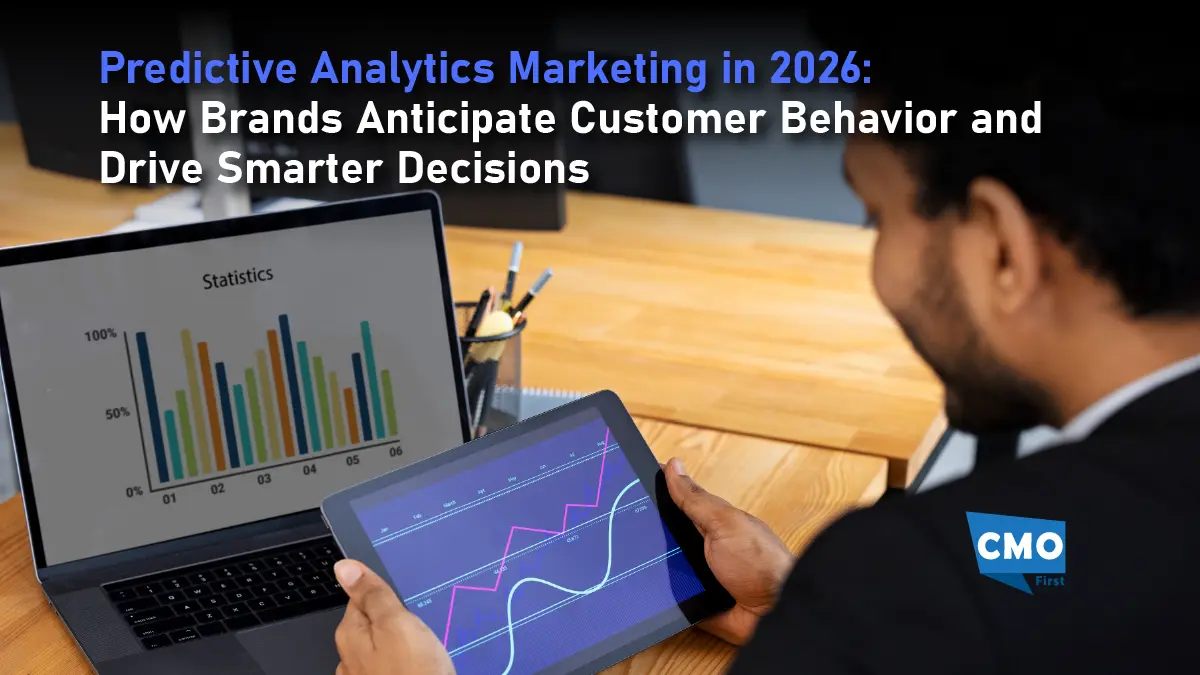
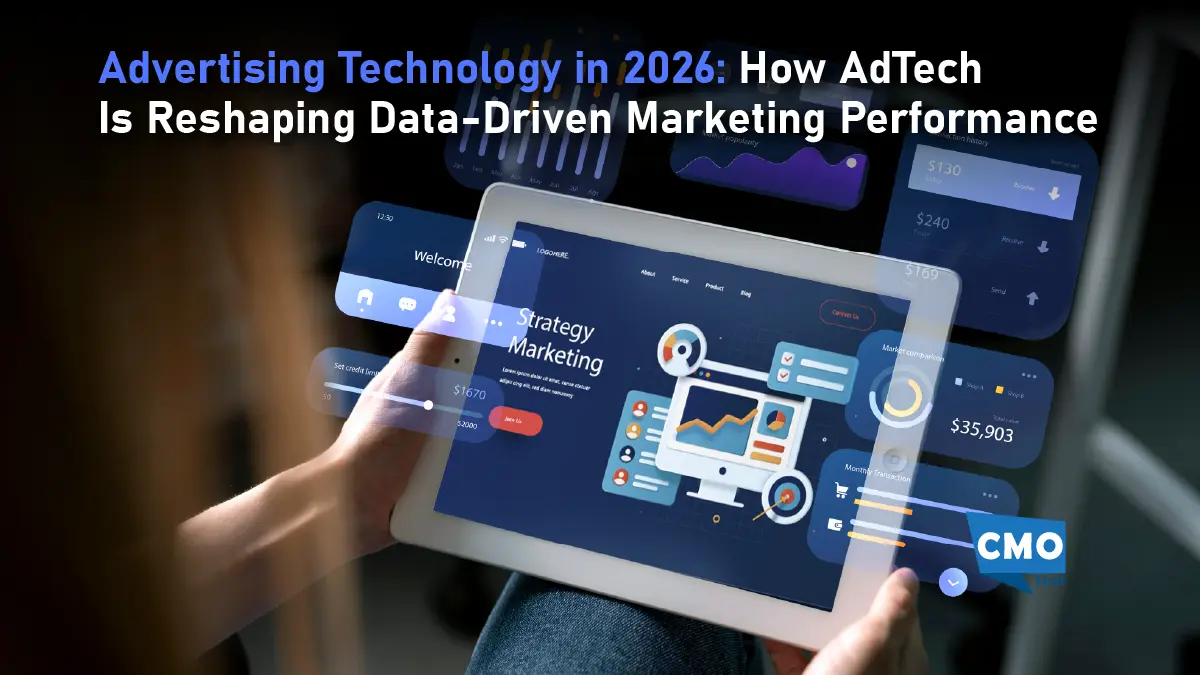
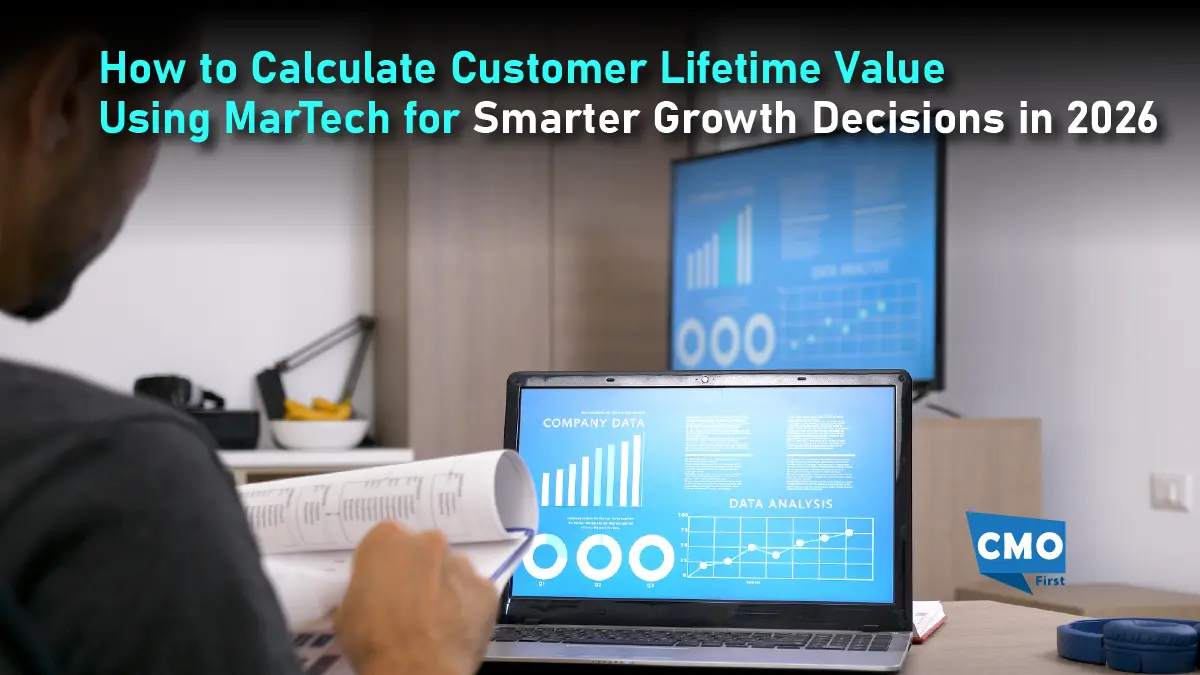


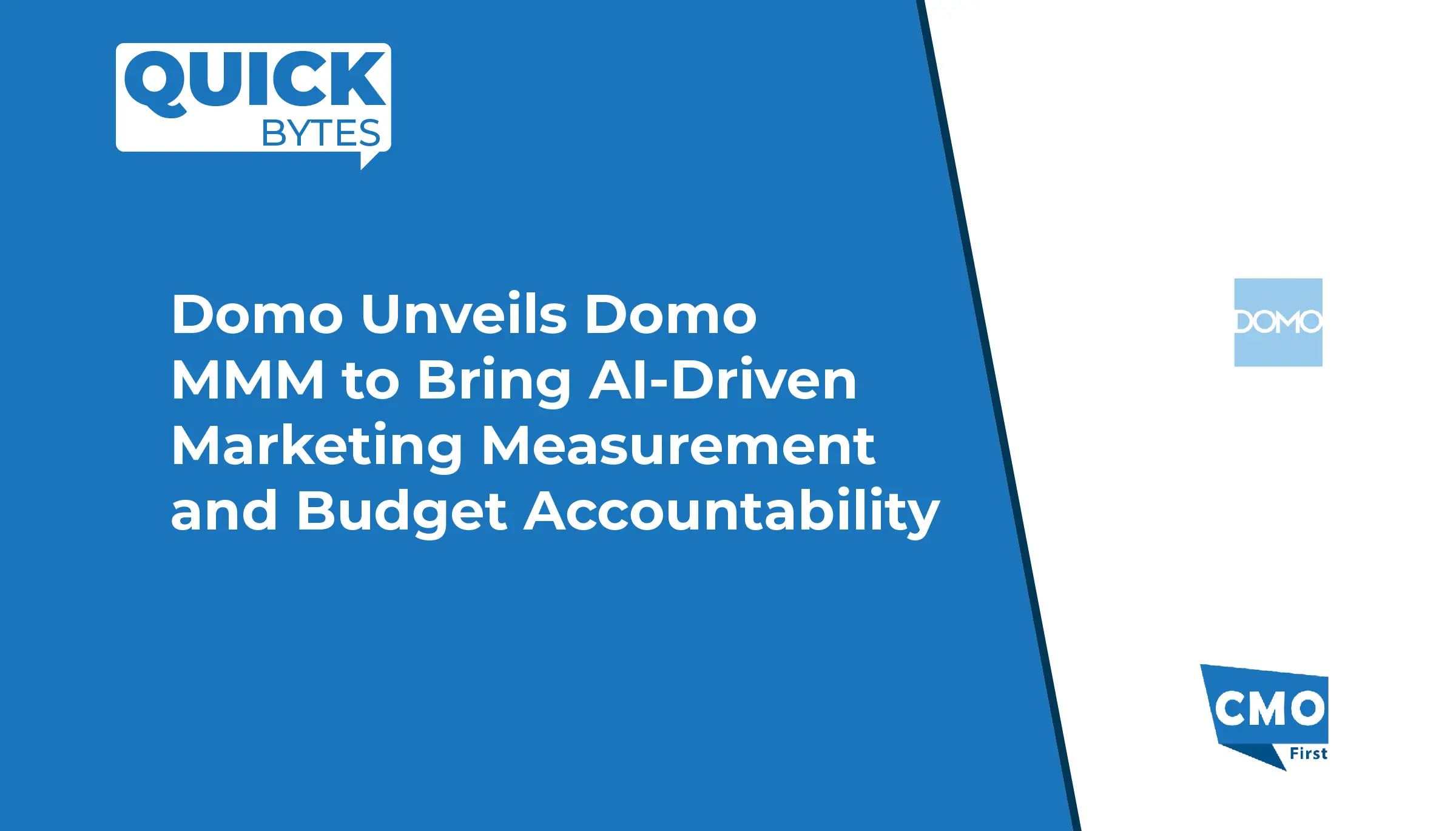

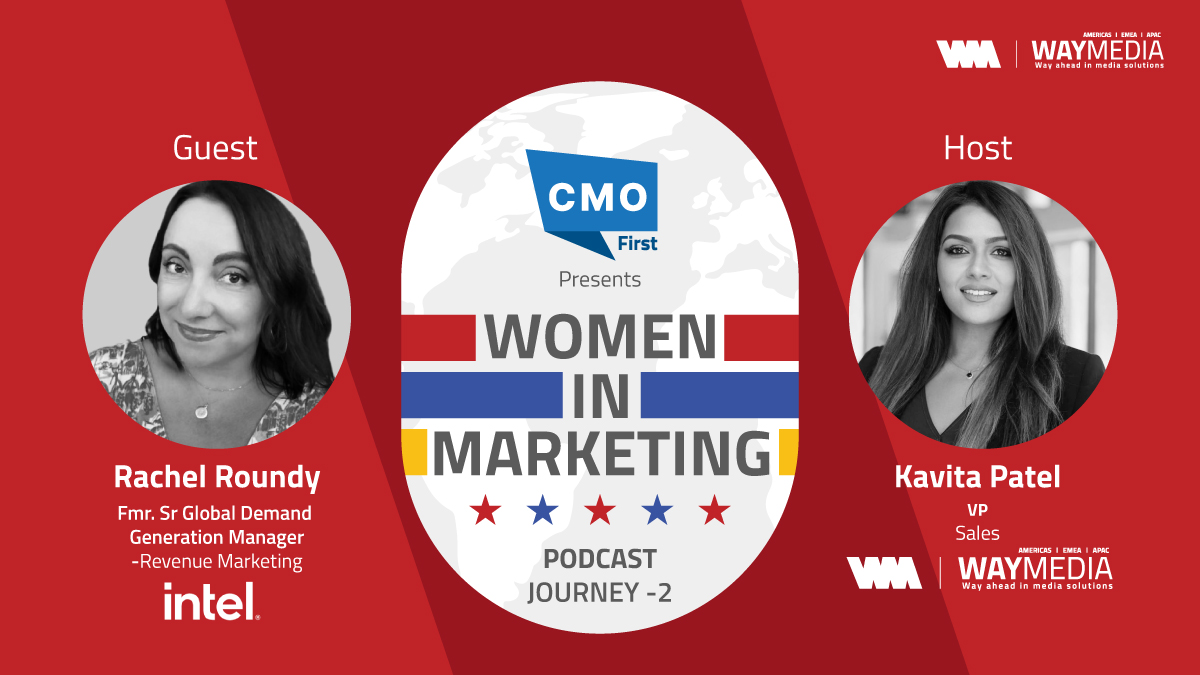

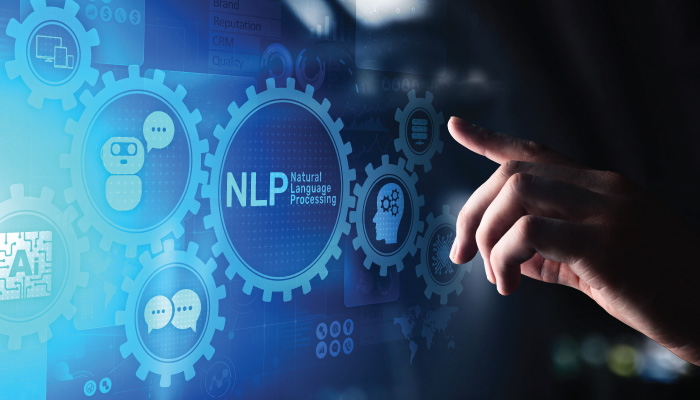

Leave a Reply